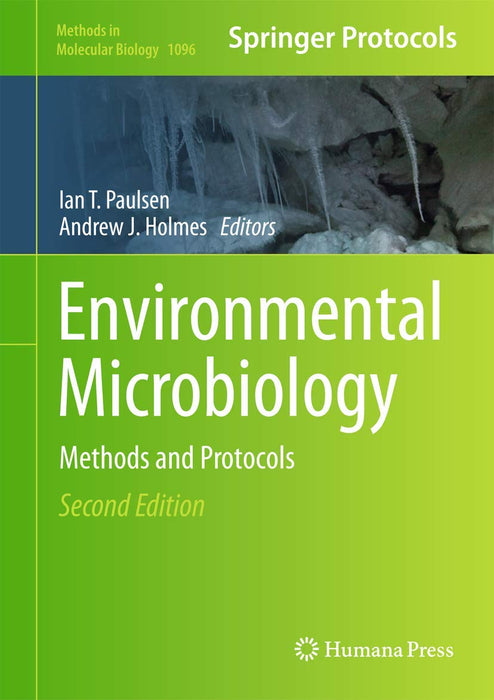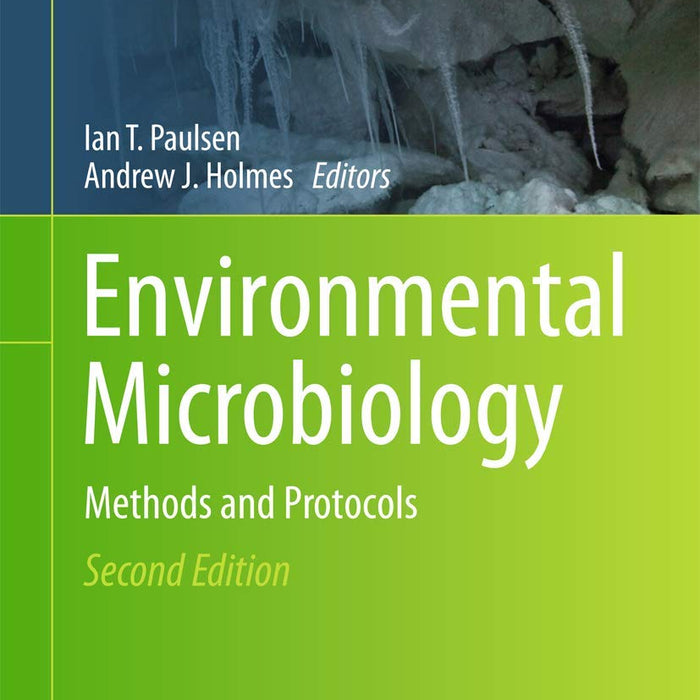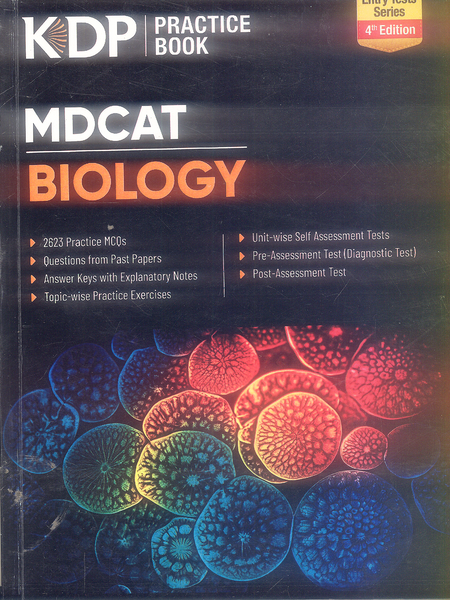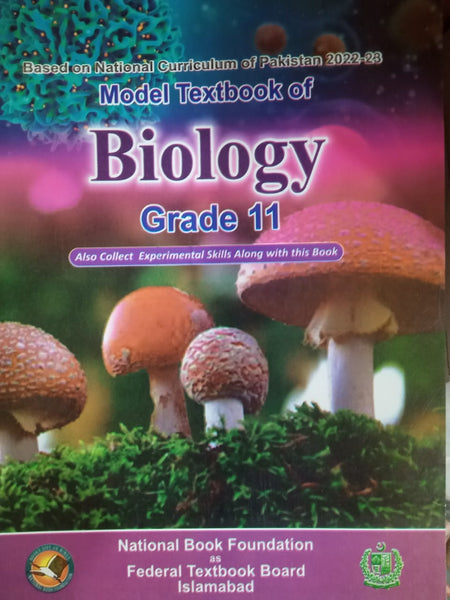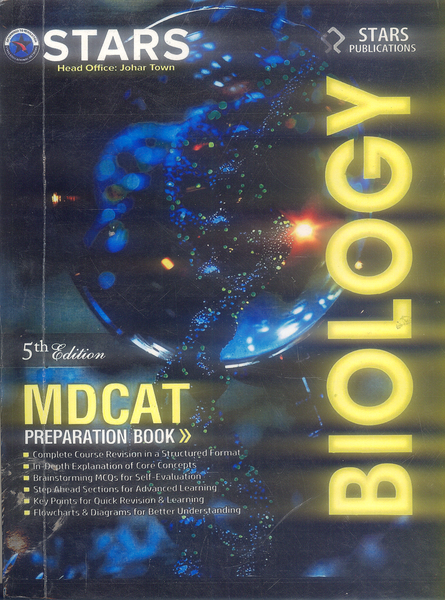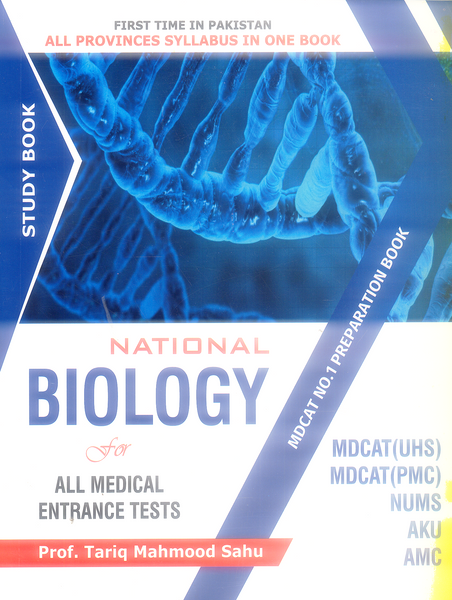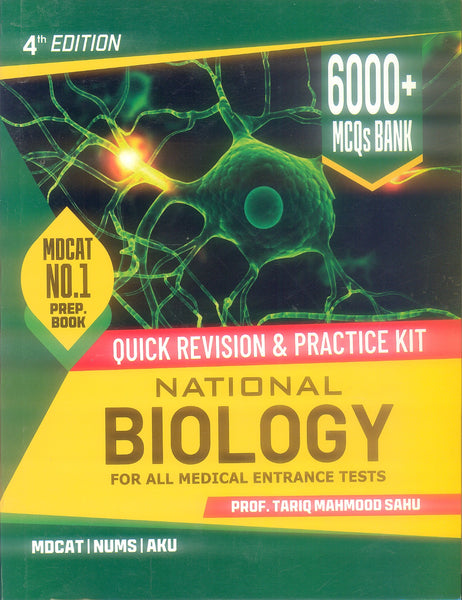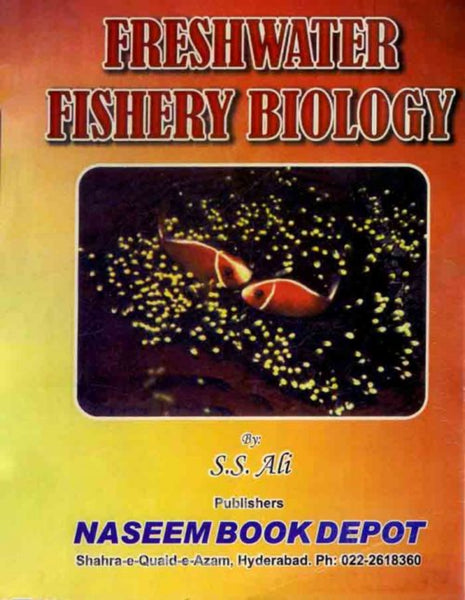Environmental Microbiology: Methods and Protocols 2nd Edition
- Publisher: BIOLOGY
- Availability: In Stock
- SKU: 49328
- Number of Pages: 252
Rs.690.00
Rs.895.00
Tags: Air Microbiology , Andrew J Holmes , best books , Best Price , Best Selling Books , Biodegradation , Bioinformatics in Microbiology , Bioremediation , Biotechnological Applications , DNA Amplification , Ecological Methodologies , Environmental Biotechnology , Environmental Contaminants , Environmental DNA , Environmental Health , Environmental Microbial Interactions , Environmental Microbiology 2nd Edition , Environmental Microbiology: Methods and Protocols , Environmental Microorganisms , Environmental Monitoring , Environmental Pathogens , Environmental Stress , Gene Sequencing , Ian T Paulsen , Methods and Protocols , Microbial Adaptation , Microbial Analysis , Microbial Biodiversity , Microbial Biogeochemistry , Microbial Biomarkers , Microbial Communities , Microbial Culture Techniques , Microbial Ecology , Microbial Identification , Microbial Metabolism , Microbial Sampling , Microbial Techniques , Microbial Transport , Molecular Methods , Molecular Microbiology , ONLINE BOOKS , Online Bookshop , PCR Techniques , Protocols in Microbiology , Soil Microbiology , Wastewater Treatment , Water Microbiology
Environmental Microbiology: Methods and Protocols, 2nd Edition
Editors: Ian T. Paulsen, Andrew J. Holmes
📘 Introduction
The Environmental Microbiology: Methods and Protocols 2nd Edition, edited by Ian T. Paulsen and Andrew J. Holmes, provides a comprehensive and updated guide to the techniques and protocols used in environmental microbiology. This book is essential for those studying microorganisms in natural environments such as soil, water, and air, with a particular focus on their roles in biogeochemical processes, pollution, and the environment’s microbial health. The second edition expands on the first by incorporating the latest developments in molecular biology, including advanced genomics, bioinformatics, and metagenomics techniques. This updated edition also presents detailed protocols on how to isolate, culture, and analyze microorganisms from diverse environments, making it a valuable resource for both researchers and professionals working in environmental microbiology and related fields.
📖 Key Features
-
Comprehensive Protocols for Microbial Analysis:
-
The book provides a wide range of protocols for the isolation, culturing, and analysis of microorganisms from environmental samples, ensuring researchers can effectively study microbial communities in natural habitats.
-
-
Focus on Molecular Techniques:
-
Emphasizing cutting-edge molecular biology techniques such as PCR, metagenomics, and DNA sequencing, this edition highlights how these methods are revolutionizing the study of microbial diversity and their functional roles in the environment.
-
-
Biogeochemical Processes and Environmental Impact:
-
Detailed chapters explain how microorganisms influence biogeochemical cycles, such as carbon, nitrogen, and sulfur cycling, and their importance in ecosystem functioning, pollution remediation, and environmental health.
-
-
Microbial Ecology in Pollution and Contamination:
-
The book addresses microbial roles in environmental contamination, biodegradation, and bioremediation, providing insights into how microbes contribute to the breakdown of pollutants like heavy metals, pesticides, and petroleum hydrocarbons.
-
-
Updated Protocols and Technological Advancements:
-
The second edition incorporates the latest technological advancements and methods in environmental microbiology, particularly in microbial metagenomics and bioinformatics, offering practical guidance on how these modern techniques can be applied to real-world environmental challenges.
-
🎯 Conclusion
Environmental Microbiology: Methods and Protocols, 2nd Edition serves as an indispensable resource for researchers, graduate students, and professionals in the fields of environmental microbiology, ecology, and biotechnology. By providing thorough, updated protocols alongside detailed explanations of microbial processes in the environment, this book equips readers with the tools necessary to conduct high-level environmental microbiology research. Whether addressing pollution, environmental monitoring, or ecosystem management, this book is a crucial reference for anyone interested in understanding and mitigating environmental microbial impacts.

